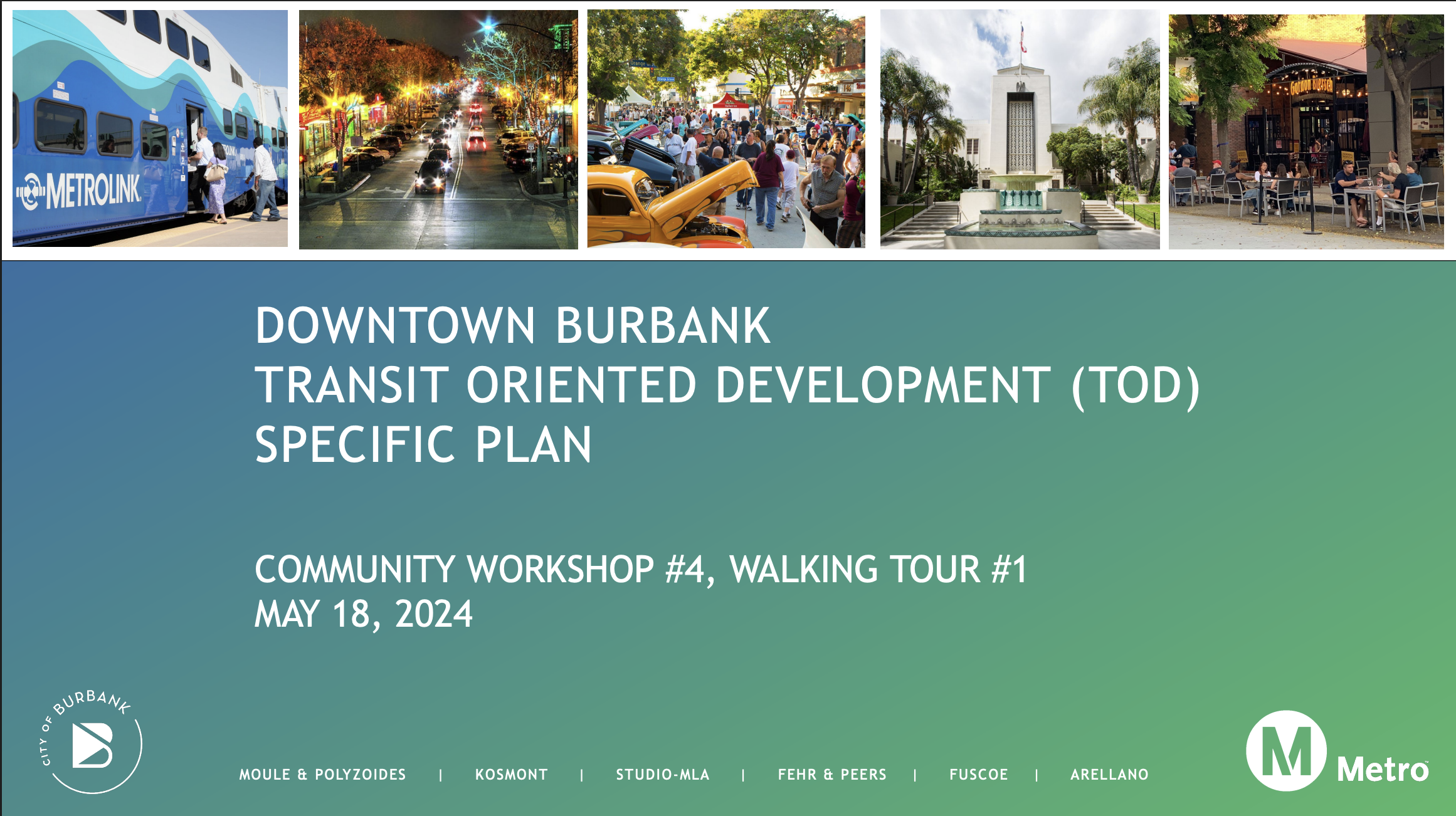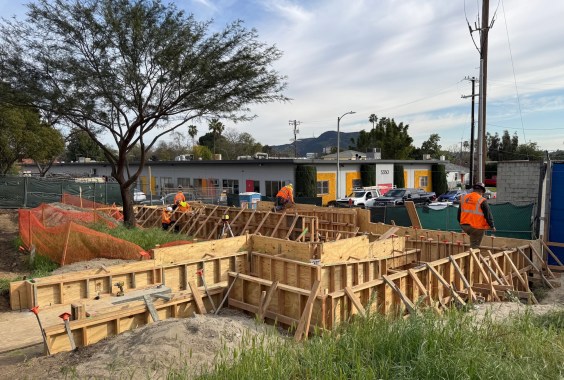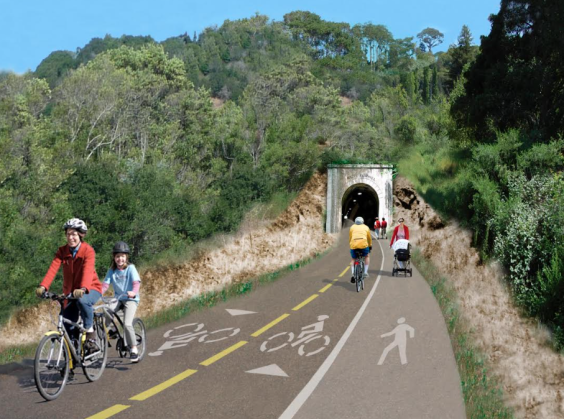
The lousy state of American bus stops is a serious problem. Transit riders say bad waiting environments are one of their top concerns, according to a recent survey and report by TransitCenter [PDF]. That's why Streetsblog is highlighting some of the sorriest bus stops in the nation this month.
Poor walking conditions and uncomfortable bus stops are not just the transit agency's responsibility. Local governments and city and state DOTs are also to blame. It takes some coordination to improve bus stops, and not enough public agencies are stepping up to solve the problem.
One exception is Houston METRO, the same agency that became a national model by redesigning its bus network. Ryan Holeywell at The Urban Edge, a blog of Rice University's Kinder Institute, spoke with METRO's new board chair, Carrin Patman, and CEO Tom Lambert about how the agency intends to coordinate with the city to make the experience of getting to bus stops and waiting for the bus better for riders:
METRO sees fixing things outside of their vehicles -- namely sidewalks and bus stops -- as a critical way of boosting ridership. That means coordinating with lots of other players. "In order to have accessible shelters, you need to have the City of Houston fully on board," Patman said. She says METRO will be more involved in public and private planning efforts and suggested she wants to explore the idea of asking private developers to install bus shelters when they’re making major improvements to their properties.
Tom Lambert, METRO’s CEO, said the agency intends to create an urban design position on its staff. Already, METRO’s planning staff is working to coordinate with the city’s planning department, its public works department and the area’s management districts on how to align sidewalk improvements with METRO’s improved bus service. Lambert also discussed his interest in building out bus infrastructure at so-called “super stops” where multiple, high-frequency bus routes intersect and thus create busy transfer points.
While on the topic of coordination, Lambert also mentioned that METRO is working with Houston’s public works department on a pilot project to give some buses signal priority -- technology that would reduce or eliminate the need for buses to wait at red lights -- in order to improve throughput. That technology could be particularly useful for dedicated bus lanes.
Kudos, Houston!
Elsewhere on the Network today: Spacing considers how to create safer public spaces for LGBTQ people. Bike Shop Hub reports that a lawmaker in Louisiana -- one of the deadliest states for walking and biking -- has some infuriating advice for cyclists. And Greater Greater Washington relays the conclusion from consultants for WMATA -- that the agency has too many employees and not enough riders.





